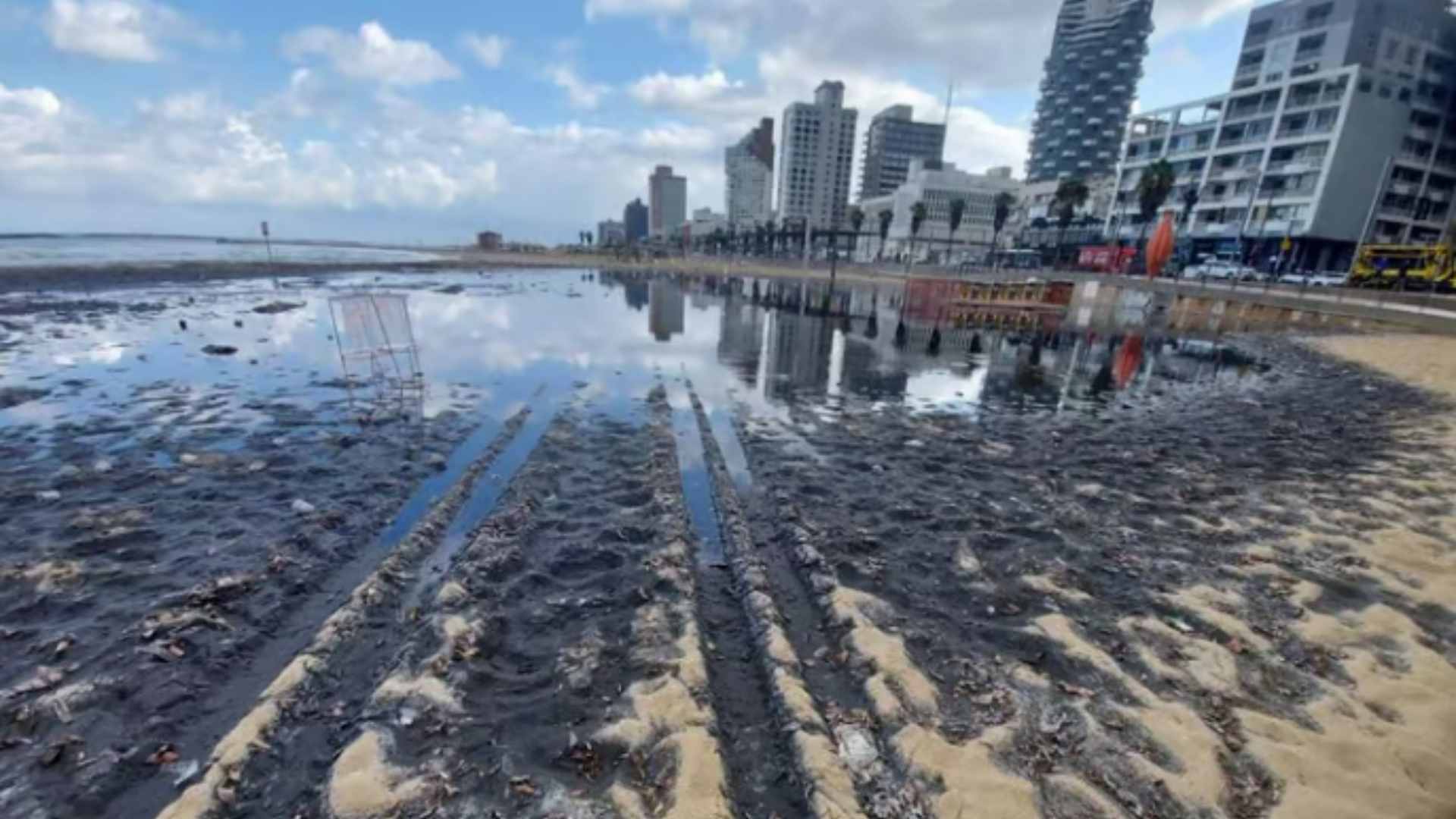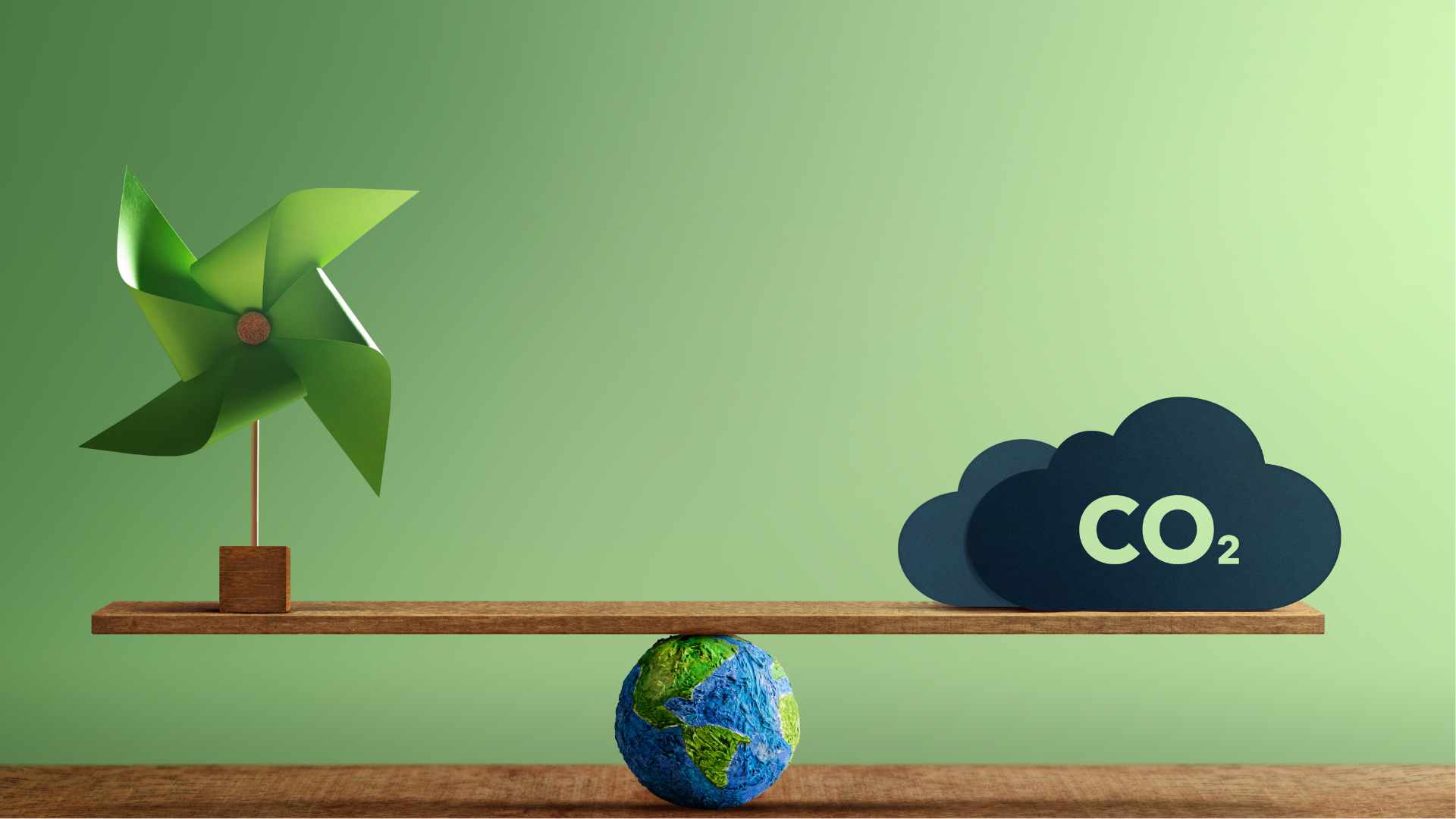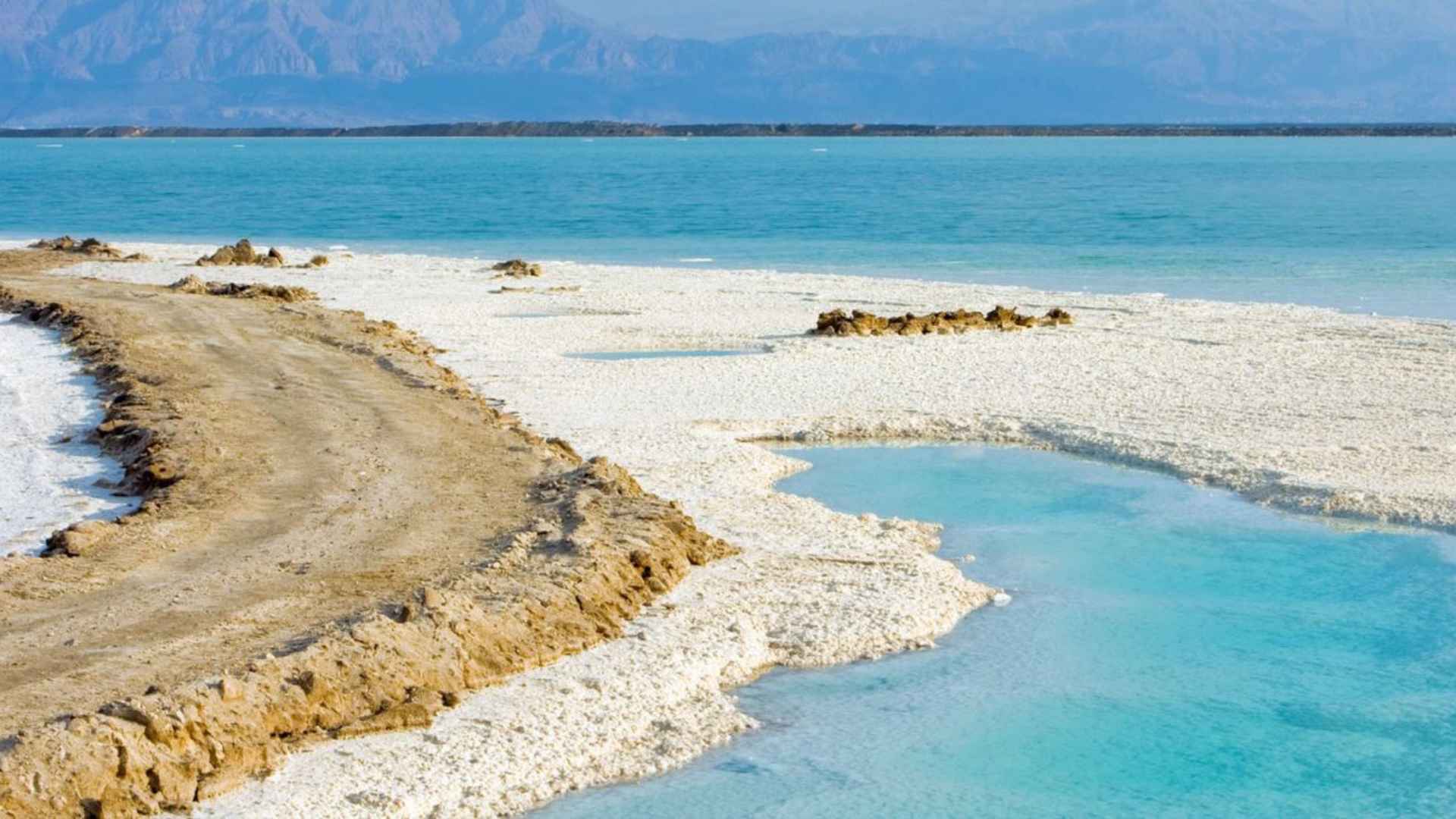For a small country, over half of which is desert, and with only one sweet water lake – which used to be our main source of drinking water – Israel is understandably often fixated with rain. This winter has seen 14 consecutive days of rain, in both the north and the south of the country; something (according to the Israel Meteorological Service,) we have not experienced for more than three decades.
The level of the Kinneret (Sea of Galilee), which is often used as a clear marker for rain fall, has already risen by 26 centimeters (10.2 inches). More rainfall is still expected, and some areas of the country have already equaled – and in some cases even surpassed – their annual average rain. While our desalination plants have allowed us to be less reliant on rain fall and the Kinneret, it continues to be our emergency reserves should we encounter major pollution of our sea water.
As much as rain is seen as a blessing in such a dry country, severe storms also come with flood warnings and the police have already issued instructions to the public to ensure safety.
Steady rainfall allows the ground to be nurtured, and any more than the ground can absorb is lost as runoff. If we were able to capture and redirect runoff water, it would be an invaluable resource. Unfortunately our infrastructure still isn’t ready to handle runoff water in an environmentally productive way, and we are yet to tackle rising sea levels and the effect it will have on our desalination plants – all of which are along the coast.

“Desalination plants are great but have several negative effects such as taking up land, exuding emissions and demanding lots of energy,” explained Orly Babitsky, Adam Teva V’Din’s Director of Climate Resilience. “Effective management of runoff water can not only prevent flooding but also enhance local groundwater, making it a more economic and sustainable solution, both locally and nationally. Groundwater has more minerals than sea water and using it causes far less of an environmental impact. It’s a shame to waste the rain that we’re given.”






